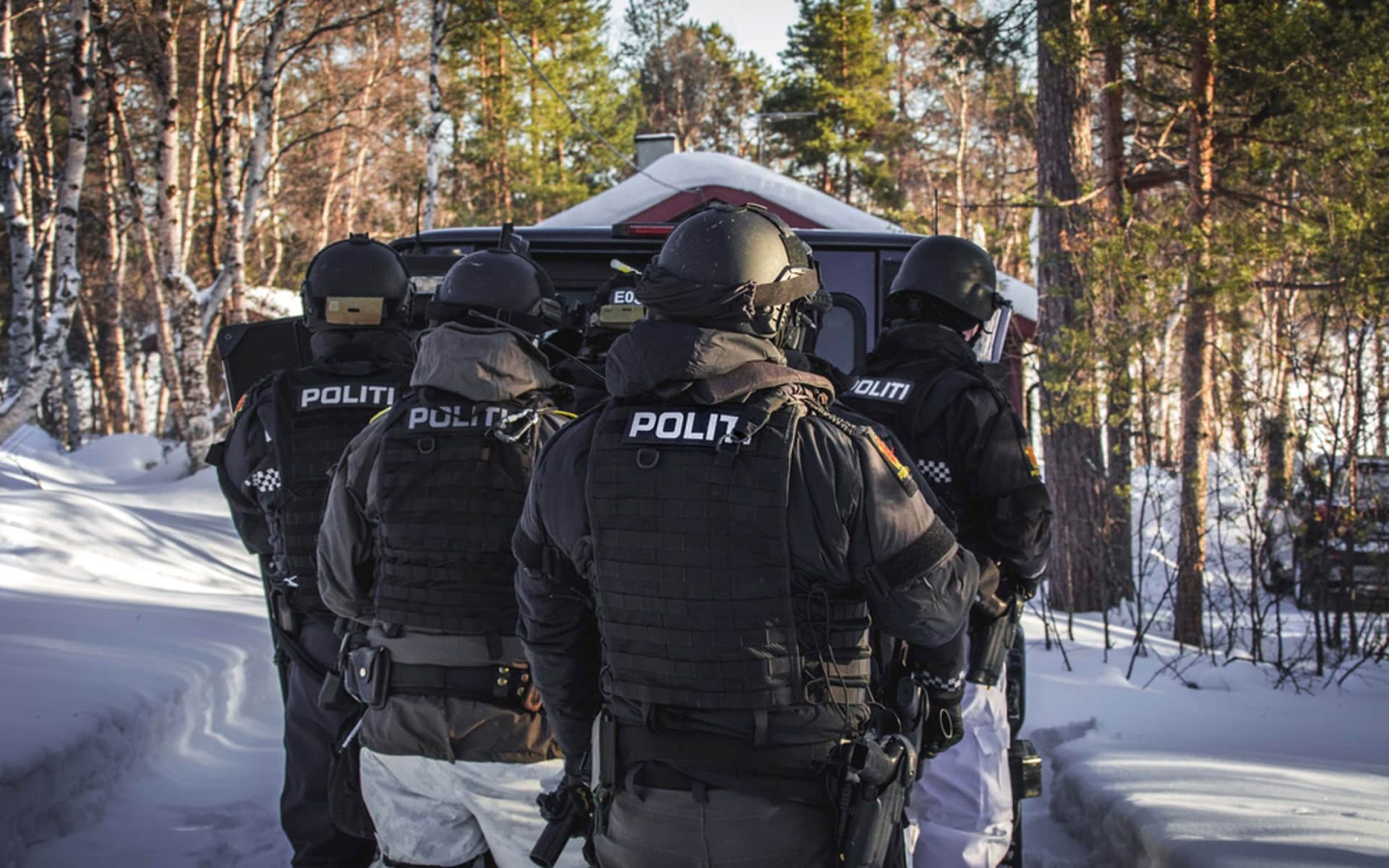If the world is slipping back into the days of the Cold War, few places feel frostier than the Arctic Circle. For years, Russia has been stepping up its military presence in the frozen Far North, carrying out wargames in sub-zero temperatures and even opening a massive military base on the remote Franz Josef Land archipelago.
Now though, with Moscow and the West locked in an increasingly fierce standoff since the invasion of Ukraine, the region appears to be becoming a new frontier in the Kremlin’s cloak and dagger offensive. Earlier this month, Norwegian border guards patrolling their country’s only crossing with Russia, in the Arctic county of Finnmark, detained a 50-year-old Russian citizen who was allegedly trying to enter the country with two drones and several digital storage devices.
The incident has sparked fears that Moscow’s intelligence services are actively attempting to get access and equipment into Western nations. “It is known that we have an intelligence threat against us which has been reinforced by what is happening in Europe,” Norwegian Justice Minister Enger Mehl told journalists at the time, with analysts cautioning energy infrastructure could have been a target. Then, on Tuesday, Norway arrested an alleged Russian intelligence agent that they claim was masquerading as a Brazilian academic in the Arctic town of Tromsø.
The stings come just weeks after a series of explosions crippled the Nord Stream 1 and 2 pipelines that run under the Baltic Sea, off the coast of Sweden and Denmark. The blasts, which damaged the two sub-sea links, are believed to have been sabotage, and Western nations have pointed the finger at Russia as the culprit.
That same month, Norway announced it was stepping up security on the border, and was deploying a police helicopter to monitor the snowy region and prevent illegal crossings. In neighbouring Finland, similar steps are being put in place. “We put plans in place when tensions rise, escalating our surveillance and border checks and doing it rapidly. For us, this is business as usual even when it’s not business as usual,” Colonel Matti Pitkäniitty, of the Finnish Border Guard told me earlier this year. “There is the sense for Finns that Russia is more unpredictable than it used to be.”
Restrictions have been imposed by both countries to reduce the number of Russians able to enter, while security has been stepped up at key oil and gas sites. Oslo has turned to Germany, France and Britain for naval support in defending its offshore platforms from attacks.
Paris is concerned about the risk of sabotage after its own underwater cables were reportedly cut, shutting off internet and phone services in the South of the country last week. Meanwhile, the UK’s Shetland Islands experienced a communications blackout in September after a vital maritime cable was severed. Police Scotland have since said they believe the issue was the result of an accident, but that will do little to calm concerns about full-blown conflict playing out behind the scenes.
Former British military intelligence officer and NATO planner, Colonel Philip Ingram, tells Reaction that the incidents are firmly part of the Kremlin’s playbook. “Asymmetrical warfare is a critical part of what they’re doing, and Nord Stream 1 and 2 are part of that,” he says.
According to Ingram, the threat of unconventional attacks is something Western leaders should be wary of. “Russia has phenomenal intelligence capabilities in Europe. When the Berlin wall came down, our intelligence agencies took their eye off the ball and moved on to counterterrorism operations, while Russia carried on with Soviet-style espionage, and has infiltrated in some cases more intelligence officers than it had during the Cold War. They’ve had years to embed and we’ve seen in poisonings of Alexander Litvinenko and Sergey Skripal just how brazenly they can operate,” the former military spook adds.
While talk of Russian spies infiltrating borders and operating behind secret identities might seem like a Soviet-era espionage scare, it is clear Moscow isn’t ruling out anything when it comes to creating economic and energy chaos in Europe. And, with countries like Norway stepping up their oil and gas production to meet the gap left by ending Russian imports, they are standing in the way of President Vladimir Putin’s plan to freeze the whole continent and weaken its support for Ukraine.
Facing defeats on the battlefield, the Kremlin is likely hoping winter will cool the conflict and give its armies time to reinforce and resupply before a Spring offensive, while also making European nations pay the price for helping Kyiv defy Putin’s territorial ambitions. But, if the West makes it through the cooler months without major issues, one of the most powerful weapons in Moscow’s arsenal will have been blunted. It seems to be falling to the legions of spies now, said to be doing their work in the Arctic Circle, to make sure that doesn’t happen.
Write to us with your comments to be considered for publication at letters@reaction.life




